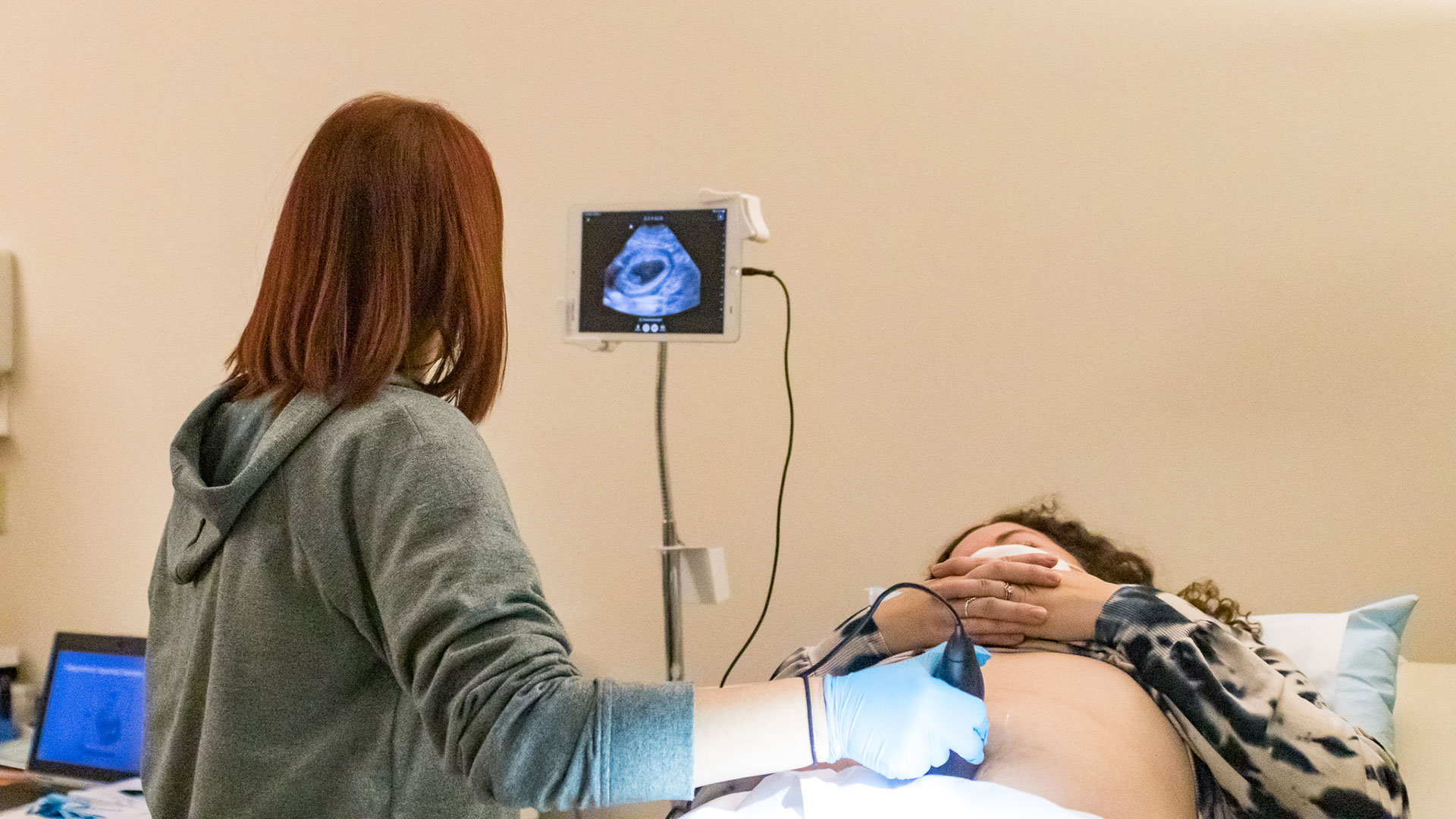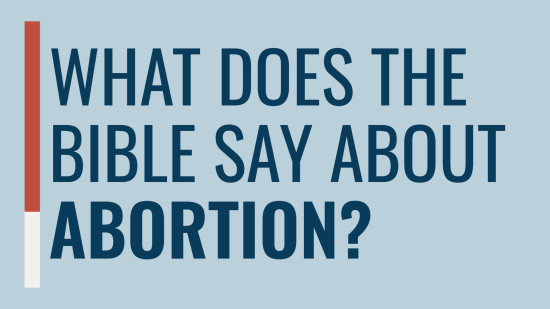The Supreme Court’s decision in the Dobbs abortion case has a lot of people wondering: What now? What does this decision really mean, and how should the people of the Church respond?
What the Dobbs Opinion Means
In Dobbs v. Jackson Women’s Health Organization, the Supreme Court rightly rules that “the Constitution does not confer a right to abortion.” The ruling overturns the 1973 Roe v. Wade and 1992 Planned Parenthood v. Casey decisions, since they were “wrongly decided” based on the idea that a Constitutional right to abortion did exist.
Prior to Roe v. Wade, abortion was legal in some states and illegal in others. Roe v. Wade overruled those state laws, saying that abortion had to be legal in all 50 states. Planned Parenthood v. Casey clarified that abortion had to remain legal at least until the point of “fetal viability,” which is when a child can survive outside the womb. This is sometimes defined as the 24th week of pregnancy, but children born as early as 21 weeks have survived.
Overturning Roe and Casey, therefore, does not get rid of abortion in this country; it just sends that decision back to the states, like it was before 1973.
Dobbs Will Not End Abortion
Twenty-one states, including Texas, have laws that will make abortion illegal in all or most cases, while five other states are likely to pass similar laws. That still leaves 24 states where abortion will be legal. And those numbers can change, as states can change their laws either way. There is also the possibility that Congress could pass an abortion law that applies to all of the states, although they have failed to do so over the past 50 years.
Because abortion will still be legal in about half the states, many women will likely travel over state lines to get abortions. There are already organizations and businesses that have said they will cover travel expenses for women seeking abortions.
Also, some women may still illegally get abortions within states where it is banned. Pro-abortion activists sometimes try to argue that abortion should remain legal for that reason. But just because some people will do something illegal does not mean it should be made legal; that line of reasoning would eliminate every law. People still commit murder, theft, fraud, and other illegal activities, but nobody argues that those things should therefore be made legal.
To be clear, abortion has always been wrong, no matter what our country’s legal system or pro-abortion rhetoric) might say. Every abortion ends the life of a preborn child. If you have been part of an abortion, there is forgiveness and healing. All people have sinned (Romans 3:23), and we can trust that God’s grace fully covers all our sins (Ephesians 2:1-9). But abortion is something that should be abolished, because it would save lives. Abolishing abortion upholds God’s righteousness, provides equal protection for preborn children, and dignifies the choices and responsibilities of women and men.
The Root Problems Will Still Remain
Even if (or when) abortion is completely abolished, it will not immediately cure the root issues that lead people to seek abortions. Our culture’s casual attitude toward sex and the normalization of sex outside marriage will not change quickly. People will still think they can avoid responsibility for their actions. Fatherlessness and poverty will still be problems. Children will still often be seen as a burden rather than the blessing that they are (Psalm 127:3).
We can learn from history here by looking at the abolition of slavery. Like abortion, chattel slavery was a horrible sin that was once accepted by our country and by the courts. Like abortion, it considered one category of people to be less than human, allowing other people to do terrible things to them.
When slavery was finally abolished, it did not end root evils such as racism and exploitation. Those still exist today. However, just because those problems persist in some form doesn’t mean that slavery should have been allowed to continue. Abolishing slavery was absolutely the right thing to do; it made an abhorrent practice illegal. The same can be said about abolishing abortion.
What You Can Do
Because the root problems will remain, God’s people will always have work to do. And many of the ways that you can help end abortion remain the same no matter what happens in courts or Congress.
One of the first things people think of is adoption: providing a loving home for a child that might otherwise be seen as “unwanted.” Adoption is a great thing that we need more people to seriously consider. However, we should not think of adoption as the default for every unexpected pregnancy or assume that it is always the best option. The ideal situation would be for the birth parents to have the support, encouragement, and equipping they need to raise their child themselves.
How can you support these parents? There are many ways you can get involved, from donating baby supplies to volunteering at pregnancy resource centers. Just at Watermark, you can mentor women with unexpected pregnancies through The Life Initiative; help provide prenatal care and sonograms by serving with Watermark Health; open your home for foster care and help reunite parents and children into safe, loving homes through Family Restoration; and minister to women and men who have made the decision to abort through Worth More.
Finally, you can work to shape culture and change people’s hearts and minds on abortion, the value of all human life, the need to serve and protect “the least of these” (Matthew 25:40), and the call to “love your neighbor as yourself” (Matthew 22:36-40). This might include your choice of career; we need more pro-life Christians in fields like law, medicine, education, media, and politics. You can get equipped on pro-life issues so that you can answer questions and equip others. We need Christians to make disciples, raising their kids to influence the next generation and investing in the lives of their adult neighbors, coworkers, and friends. If you’re a student, consider how you can advocate for pregnant or parenting students on your campus. And we still need people to vote for pro-life candidates, including at the state and local level where most decisions are made.
After nearly 50 years of legalized abortion and over 60 million lives lost, we have an opportunity to change direction and make a real difference. To learn more about what the Dobbs decision means and how it affects you, come to The Life Initiative Forum on Thursday, July 28. You can also email thelifeinitiative@watermark.org and be a part of God’s movement through His Church!


